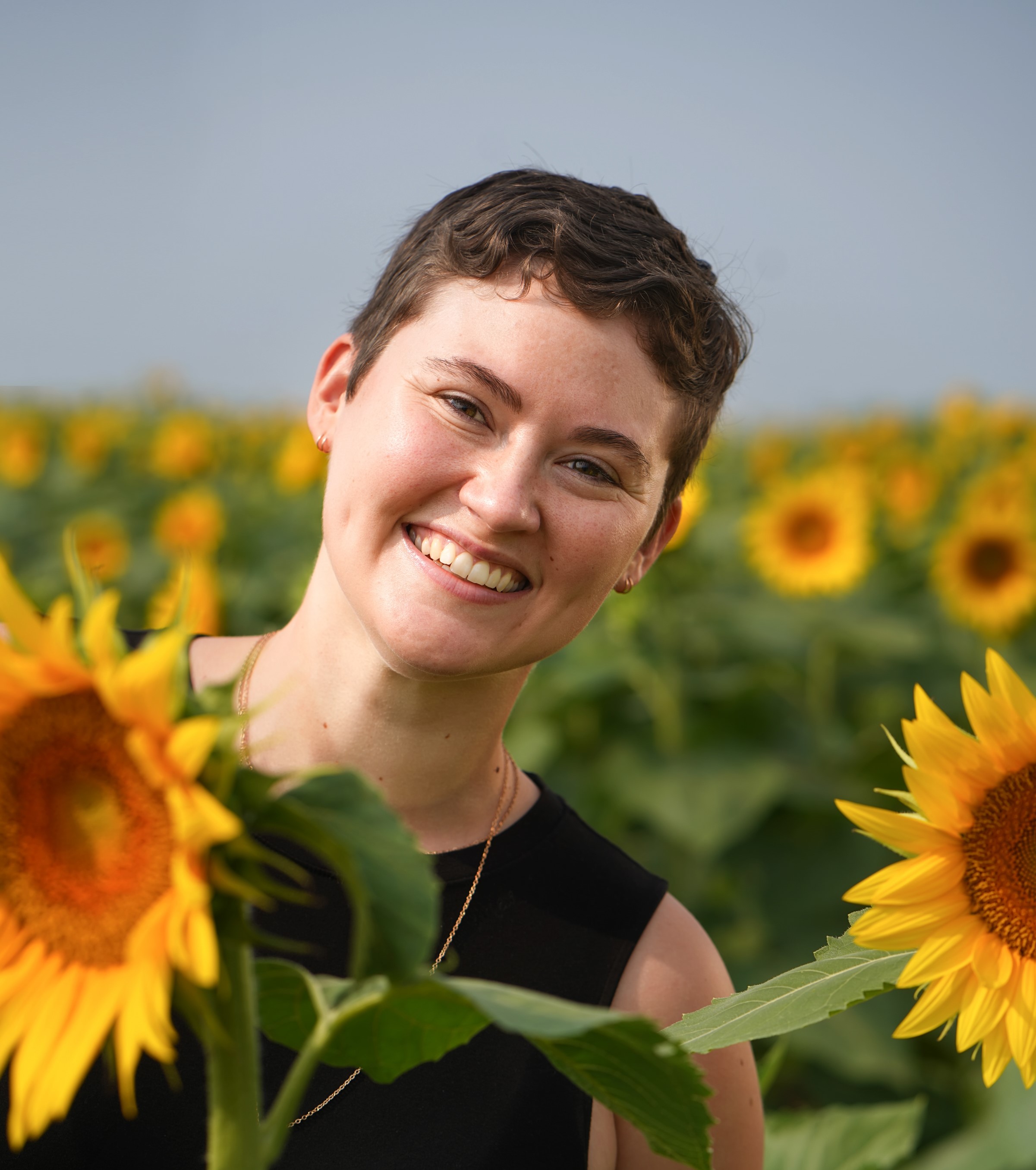Kammeyer Takes Third Place in West Lakes Conference
She presented thesis research on ‘Queering Como’
Sarah Kammeyer, a grad student in geography with an emphasis in human and cultural geography, recently took third place for “masters oral presentation” in the virtual West Lakes Division American Association of Geographers (AAG) conference, held Oct. 14-16.
Kammeyer’s presentation, on her ongoing grad thesis “Queering Como,” was held on Oct. 16. She plans to finish her thesis by Spring 2022, when she expects to graduate.
“I’m basically trying to document and then map the queer geography of Columbia since 1990,” she says. “What I am finding, is that there are not necessarily neighborhoods or areas of concentration, but rather generally marked places mainly downtown, like a gay bar or a queer resource center. Places that support queer people or give space specifically for queer people.”
Areas represented in the combined conference with East Lakes Division, include Illinois, Wisconsin, Missouri, Iowa, and Michigan. While Kammeyer wasn’t the only one presenting from Missouri, she believes she was the only one presenting from Mizzou.
“I was completely surprised I won third place,” Kammeyer says. “I definitely didn’t’ figure that would happen. It was weird. Since it was virtual, it was really hard to gage anyone’s reaction to anything I said. I talked into a void for 15 minutes and then the session was over. There was no questioning or anything. I definitely didn’t think anything would come of it.”
I did AmeriCorps for two years and that really drove home the desire to have a direct impact on a community. - Sarah Kammeyer.
She says she chose “Queering Como” as her thesis and presentation because she is a queer person, from Columbia, and loves maps, the latter of which will be integrated into her research.
“I want to know about this topic for my own personal interests, but everyone benefits from having these kinds of stories and town history more illuminated. It’s important to make sure these places exist and have existed.”
After graduation, she plans to stay in Columbia working in a community-orientated career that helps improve the lives of others or our community in some way.
“I did AmeriCorps for two years and that really drove home the desire to have a direct impact on a community,” she says.
Her immediate goals: 1) Finish her thesis. 2) Share her research publicly.
“I think if we do research, especially on marginalized communities, and that research doesn’t reach the community – then what’s the point? One big goal is to somehow make sure my thesis work gets public so others can have a deeper understanding of what queer people experience in Columbia.”
